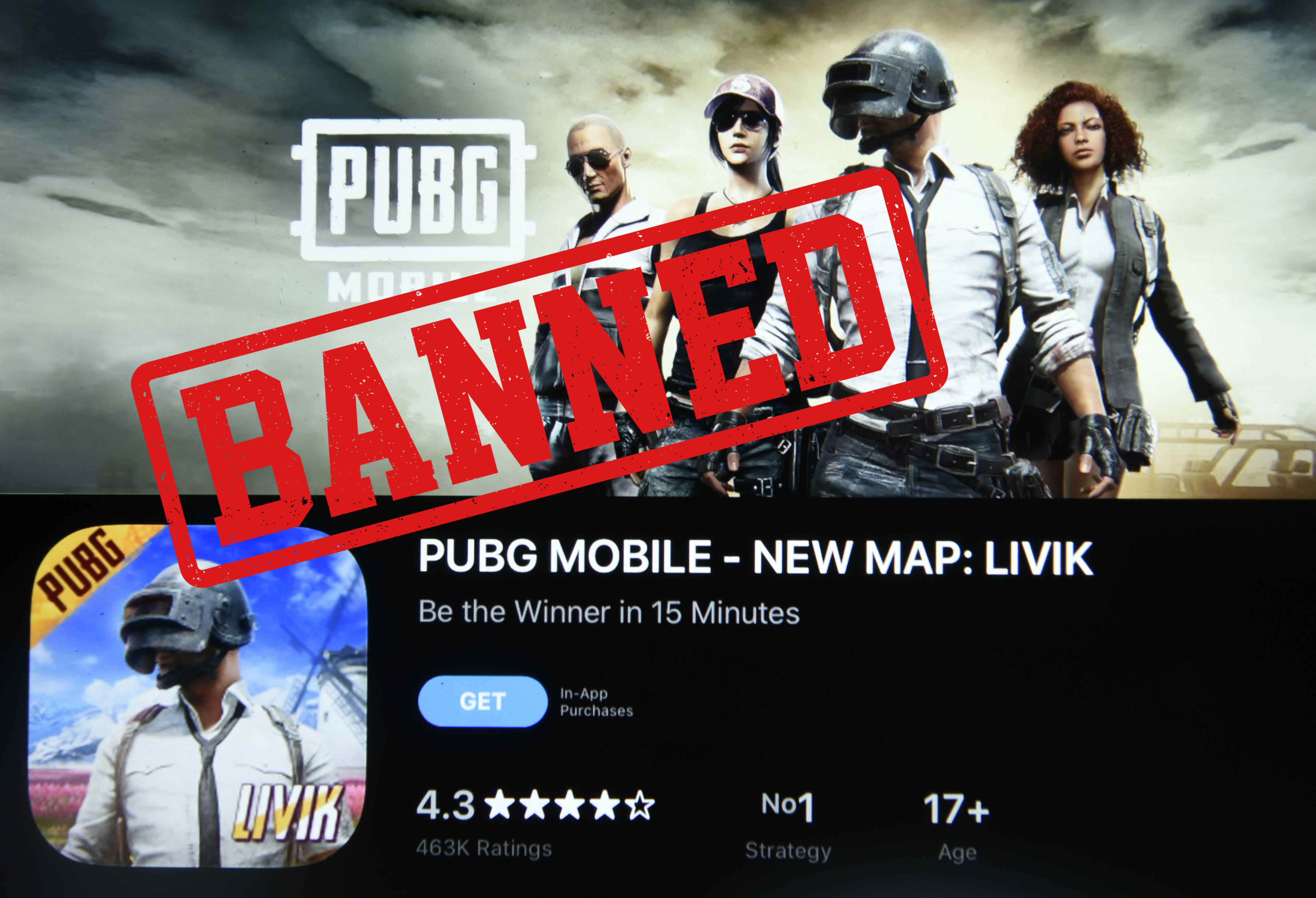PUBG game owner distances itself from Tencent in bid to overturn India app ban

Photo Illustration of PUBG app with Banned text on an iPad device in Guwahati, India, on Sept. 2, 2020. India has banned more than 100 additional apps with linkage to China, including popular mobile game PUBG citing cybersecurity concerns as geopolitical tensions between India and China rise.
David Talukdar | NurPhoto | Getty Images
The owner of PlayerUnknown’s Battlegrounds has cut ties with Chinese tech giant Tencent in India, in an effort lift the ban on a mobile version of the game.
PUBG Corporation, the South Korean company that develops and publishes PUBG, said Tuesday that it would drop Tencent as the publisher of its PUBG Mobile game in India.
Last week, the Indian government added PUBG Mobile and 117 other apps with links to China to a blacklist including the likes of TikTok and WeChat due to alleged national security risks.
“In light of recent developments, PUBG Corporation has made the decision to no longer authorize the PUBG MOBILE franchise to Tencent Games in India,” PUBG Corporation said in a statement Tuesday. “Moving forward, PUBG Corporation will take on all publishing responsibilities within the country.”
“As the company explores ways to provide its own PUBG experience for India in the near future, it is committed to doing so by sustaining a localized and healthy gameplay environment for its fans,” it added.
It comes amid a spike in geopolitical tensions between India and China after a border clash in the Himalayas that left 20 Indian soldiers dead. Those tensions have flared up again this week, with both India and China accusing each other’s soldiers of firing warning shots at the disputed border.
PUBG Mobile, a battle royale game similar to Fortnite, was wildly popular in India prior to the government’s decision to block it. According to app data tracker SensorTower, India was the app’s biggest market, with over 175 million installs to date. That means it accounted for about 24% of total downloads globally.